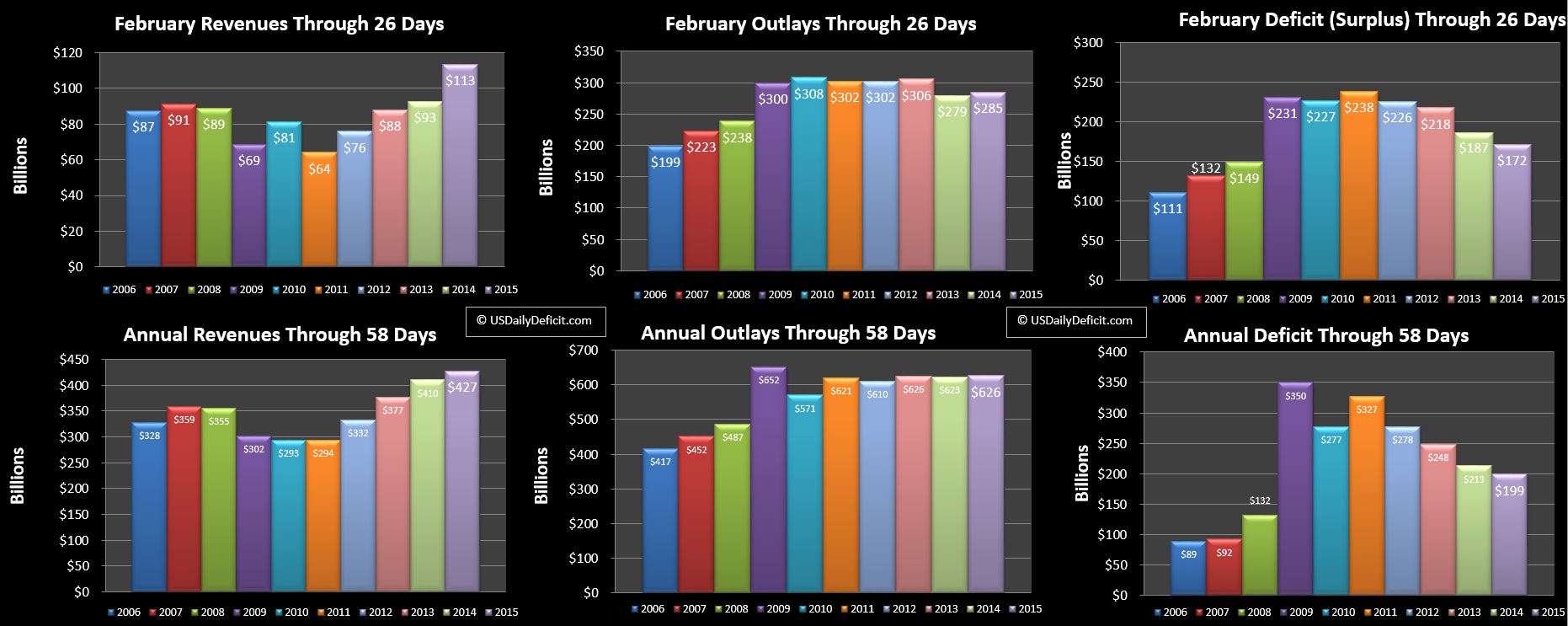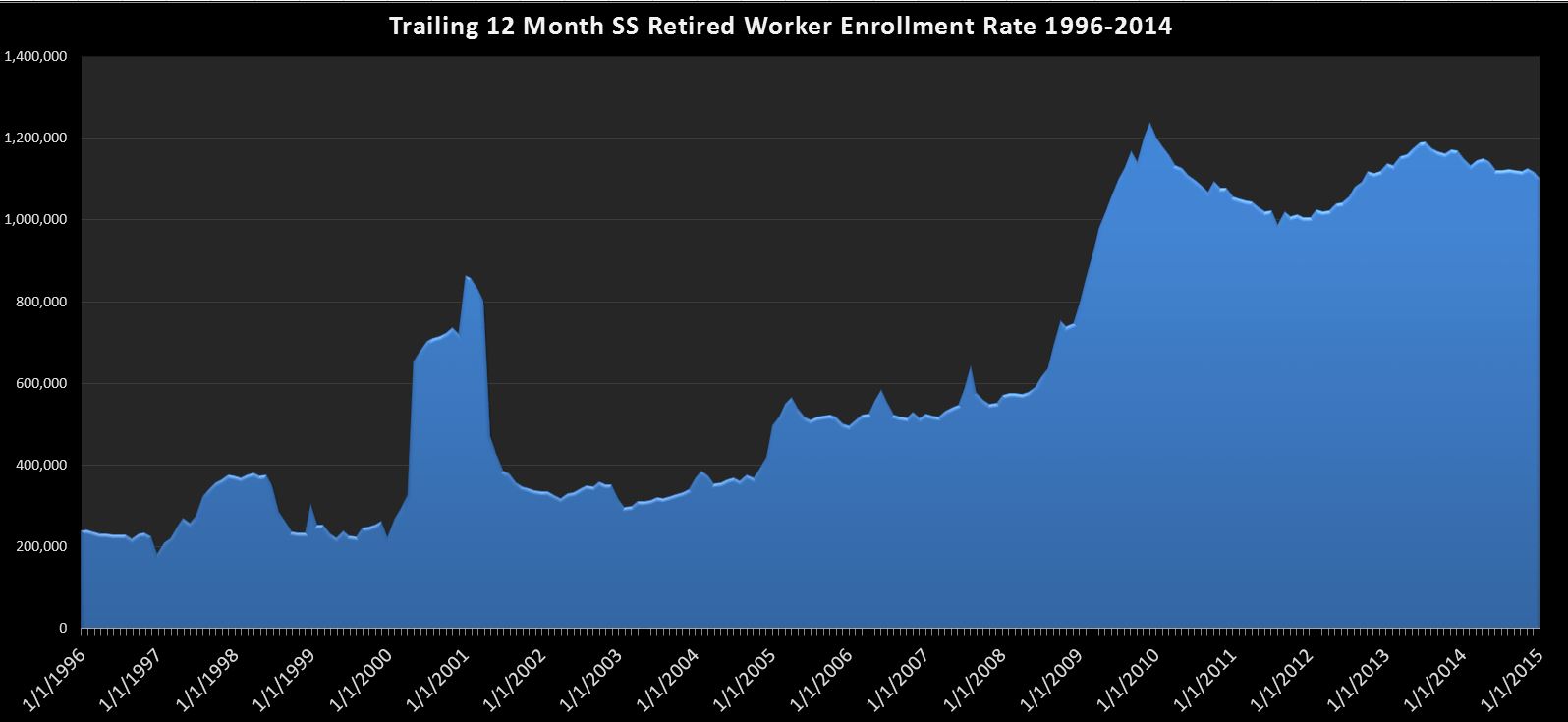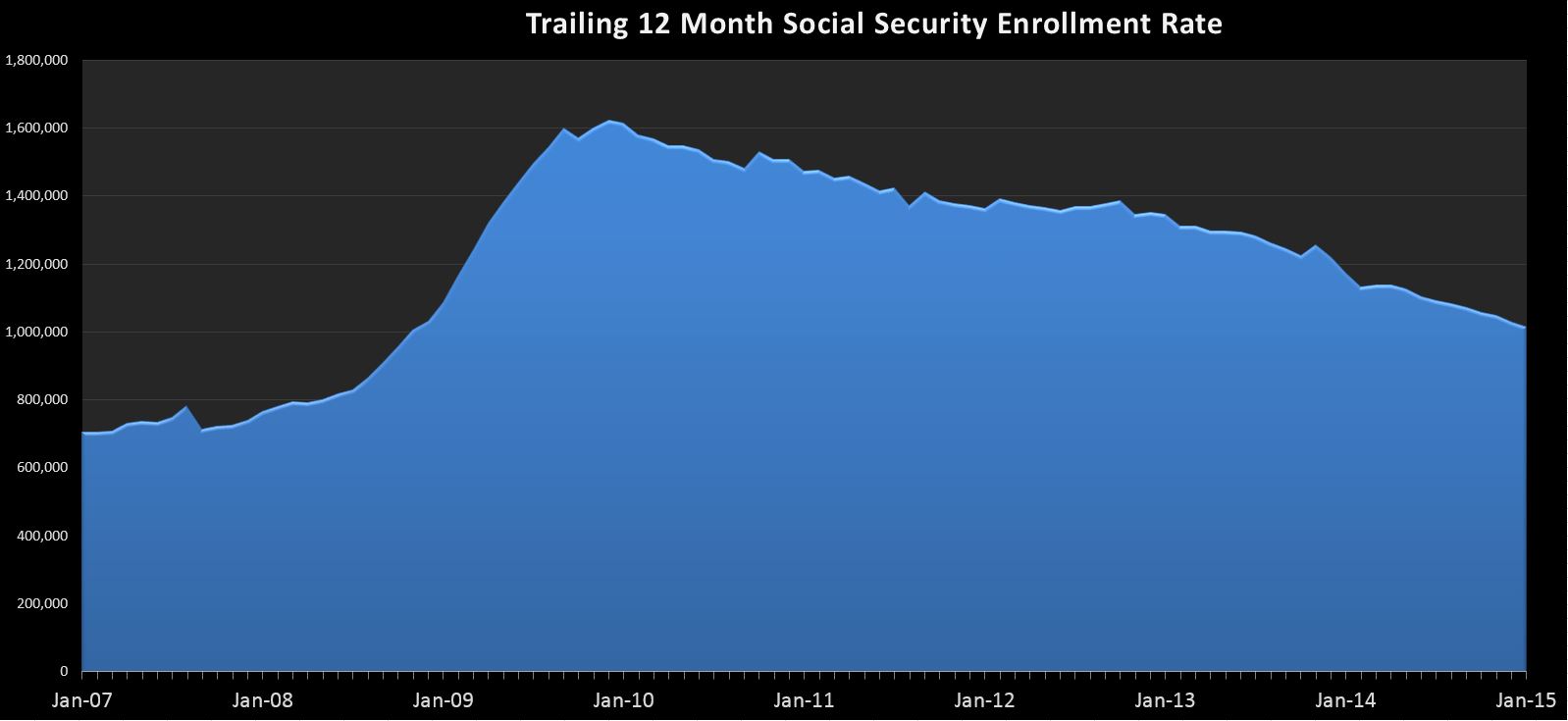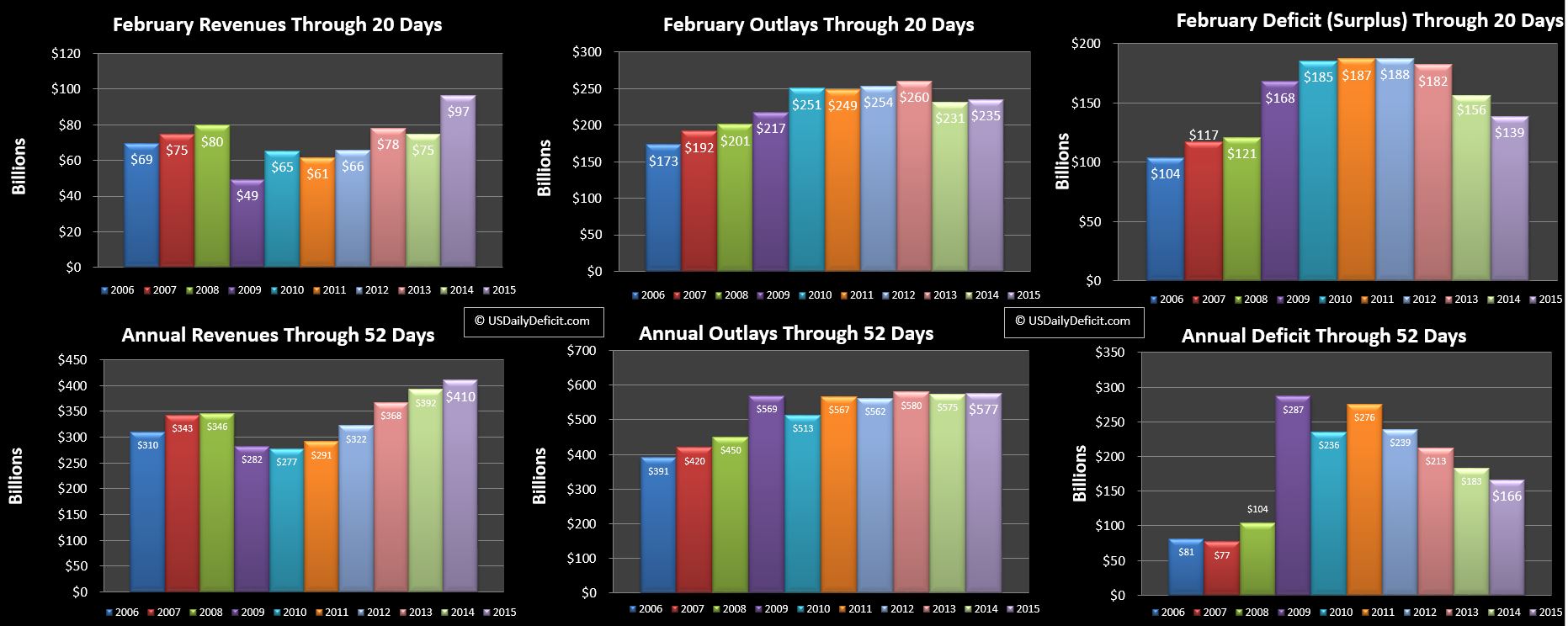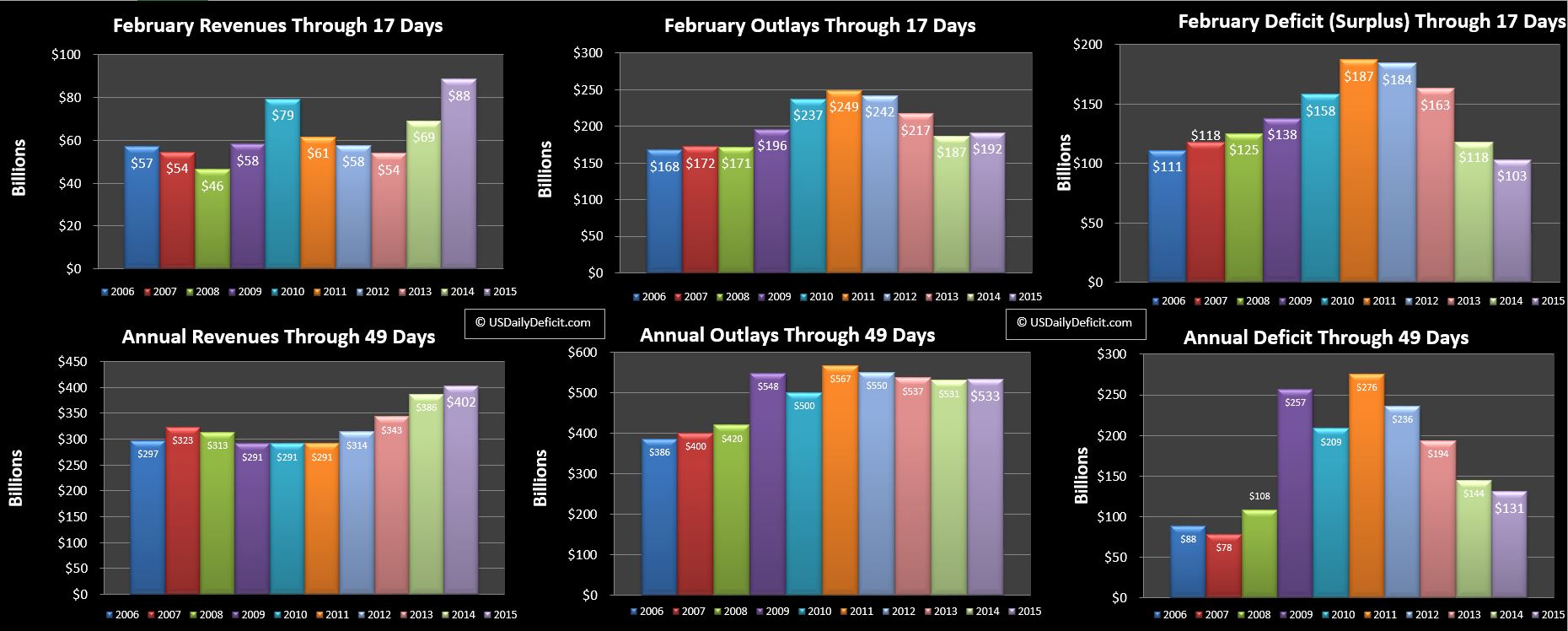First off…the disclaimers…this is my analysis, based on my understanding of my scenario, after discussing with two door to door salesmen…and reading about the plan on Reliant’s site here: I’m not a Lawyer, but in my opinion, the whole thing is intentionally hard to understand. That said…here goes.
So, I get home from work, and just as soon as I sit down for dinner….doorbell rings, and 2 door to door salesmen from Reliant/NRG show up. First off…seriously? Everybody in the whole world hates door to door salesmen…come on Reliant….stop going out of your way to make people hate you….. But the guys were nice enough…. so I humored them for a few minutes.
They were trying to sell me a 24 month electric plan….and give me a free NEST thermostat. It would save me a ton of money they said….and…Weekends are free….from 8PM Friday to Midnight Sunday…. They went on for a while, before I ultimately send them packing….and decided to figure out whether or not this was really a good deal or not.
Spoiler alert!!!…it’s not. Here’s how it works….Weekends aren’t actually free, you still have to pay the delivery charge, which is 4.1 cents per kwh. In exchange for the “Free” weekends…you pay a much higher rate(roughly double the going rate) during the week…the 4.1 cent delivery charge, plus an 11.6 cent energy charge, for a total of 15.7 cents per kwh. The advertised blended rate is 12.4 cents….which I suppose looks about right.
Now, obviously energy usage varies quite a bit depending on the month and the time of day….I could do a lot more detailed analysis, but I doubt it would come up with much different of an answer, so I’ll keep it simple.
I use about 20,000 kwh per year, or 40,000 over a 2 year contract. Using straight average usage, about 31% of that would be at 4.1 cent per kwh…or 12,381 at a total cost of $508. The remaining KWH, 27,619 would be charged at 15.7 cents per kwh, for a total of $4336. My total charges over the 2 year contract would be $4844, which works out to $202 per month and 12.1 cents per kwh.
There’s just one big huge friggin problem. If I go over to www.powertochoose.com …. in about 30 seconds I find a 2 year fixed price plan for 8.4 cents per kwh, meaning the Reliant “Free Weekends” plan is 44% more expensive. (but you do get a free nest…) This option pencils out to $3360 over 2 years, or $140 per month. The reliant plan would cost me $62 a month more….$1,484 over 2 years. If I read it right…there could be about $10 additional fees in the Reliant plan that I wouldn’t pay with the other plan…but I’m not 100% sure on that…so just ignore it or go read the fine print…. maybe you will have better luck than me.
Now….the door to door salesman would probably say…yeah, but the NEST will save you a ton of energy off the bat, and if you do all of your laundry on weekends….you can shift power from high price weekdays to cheap weekends. I call BS on that the savings…my old school programmable thermostat works just fine, and I doubt I could shift that much usage without it becoming way more hassle than it’s worth.
So for me….this plan doesn’t even come close to penciling out for anyone except Reliant/NRG and my friendly, but extremely annoying and time wasting salesmen, who I assume get a decent sized commission for the task of trying to convince you to make a nearly $1500 mistake (in my case…your mileage may vary)
So the lesson is….don’t be stupid people….It looks to me like Reliant/NRG has gone out of their way to make an overly complicated electric plan to make a huge profit margin from people who aren’t so good at math. Just get a regular old fixed price contract…save money, and run your dishwasher whenever the damn thing gets full 🙂
